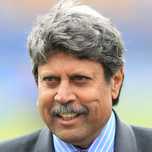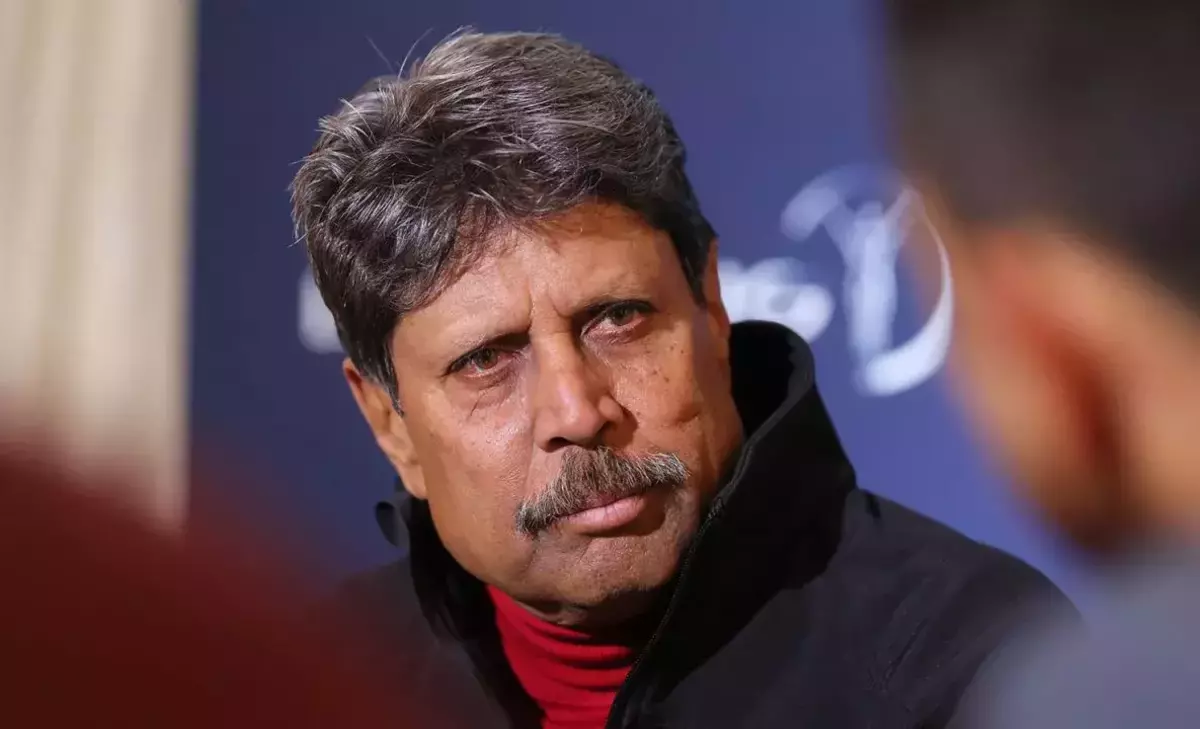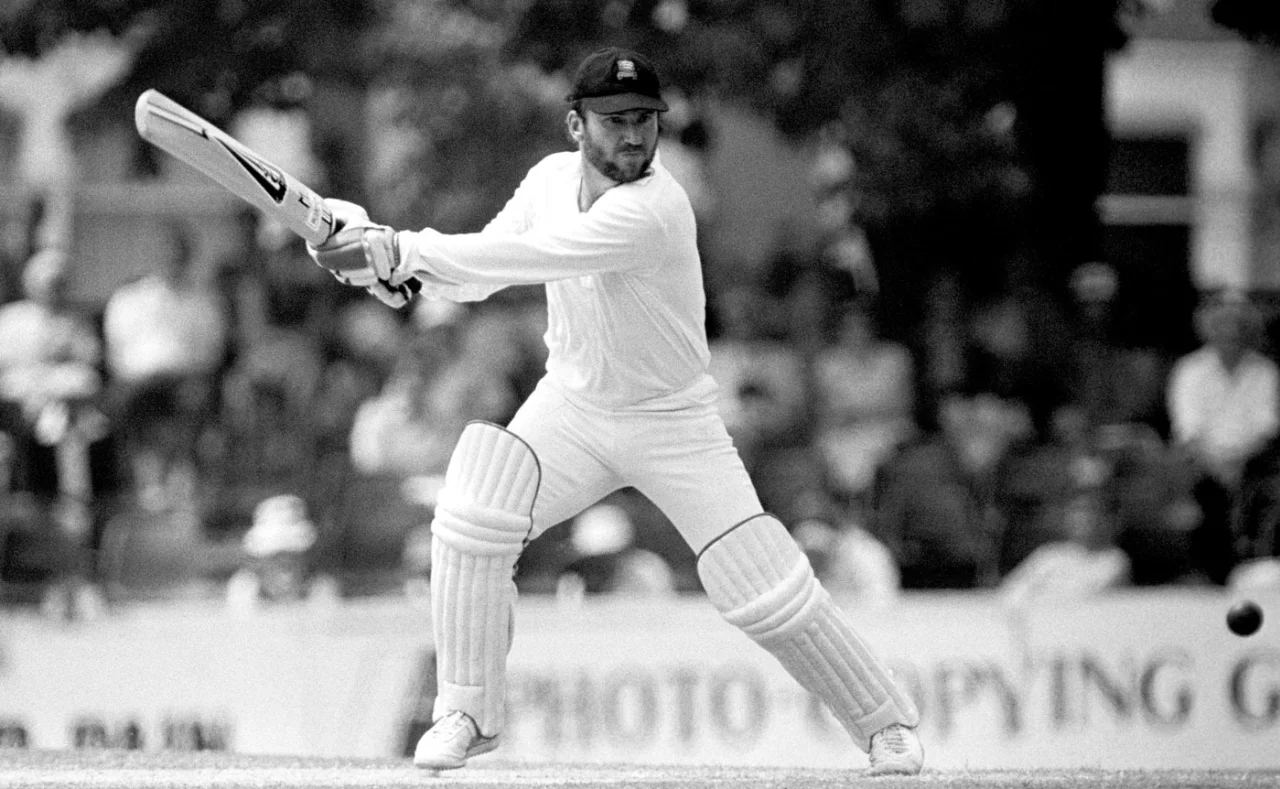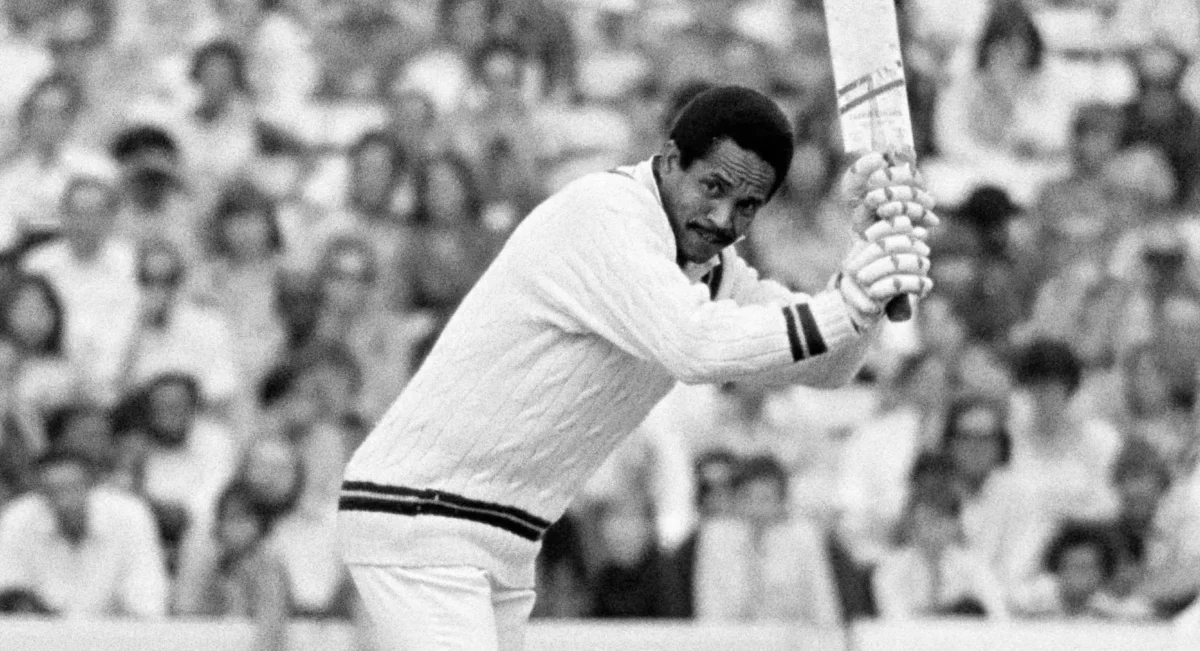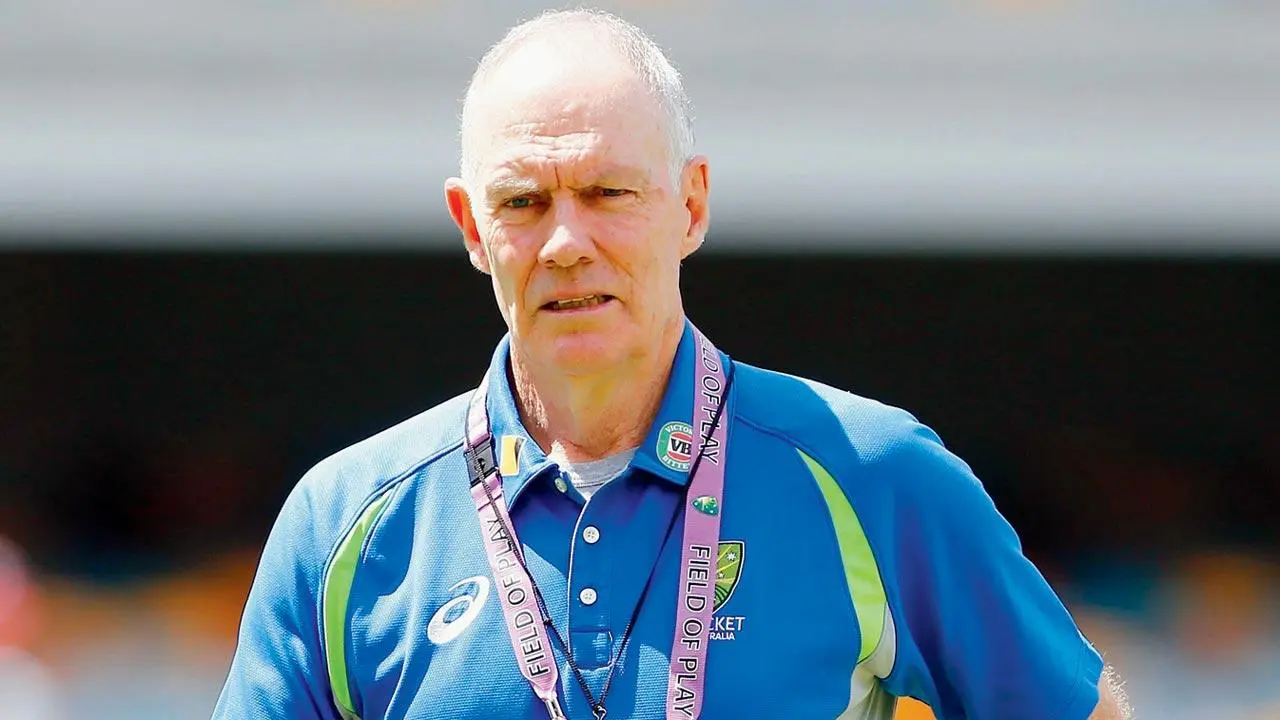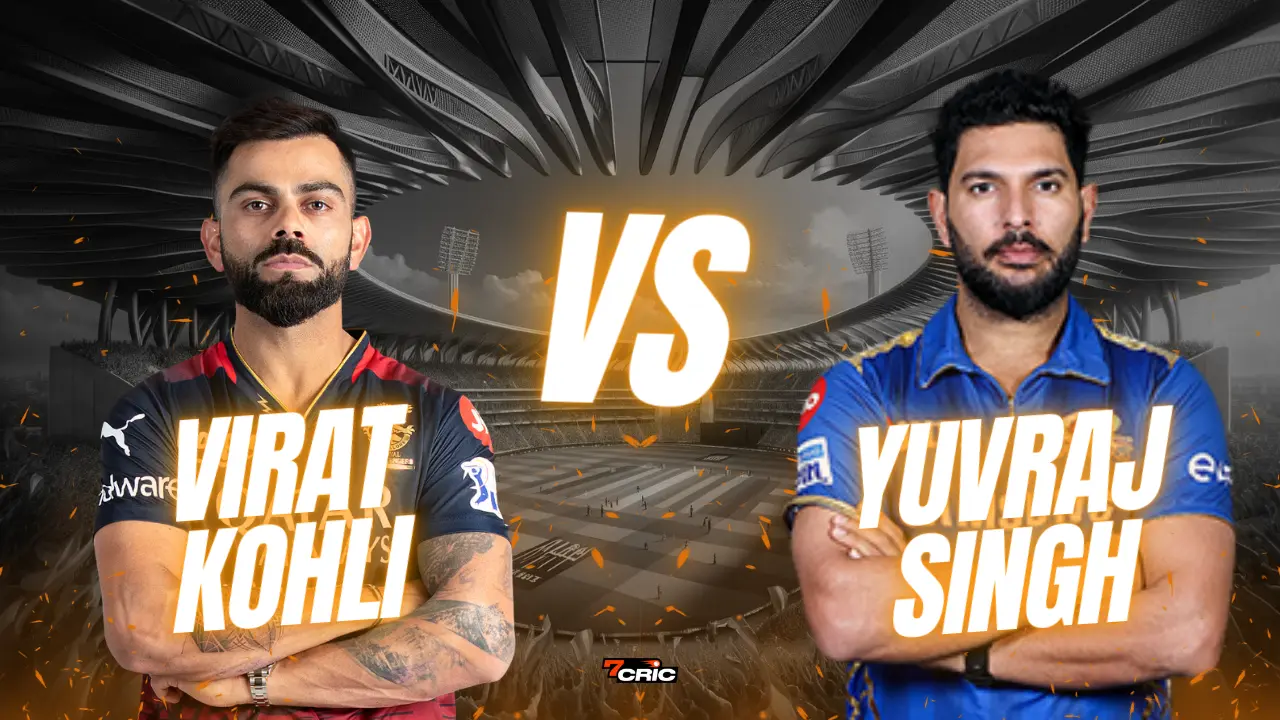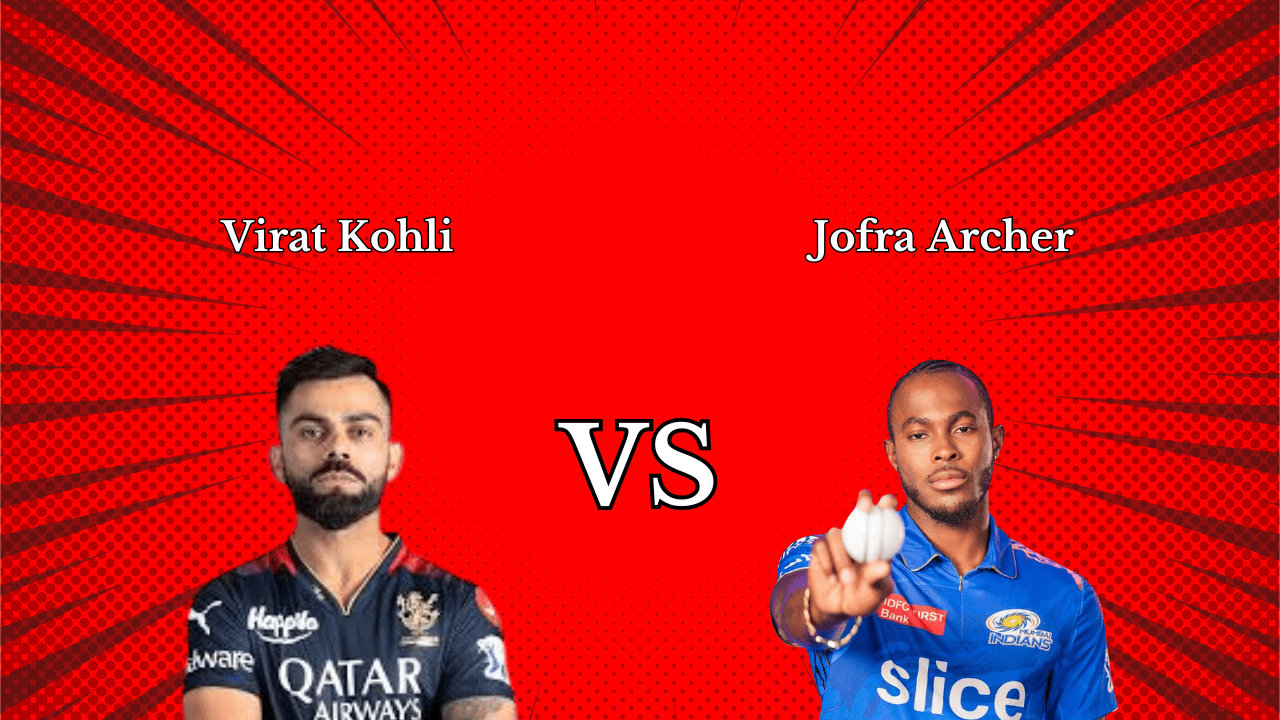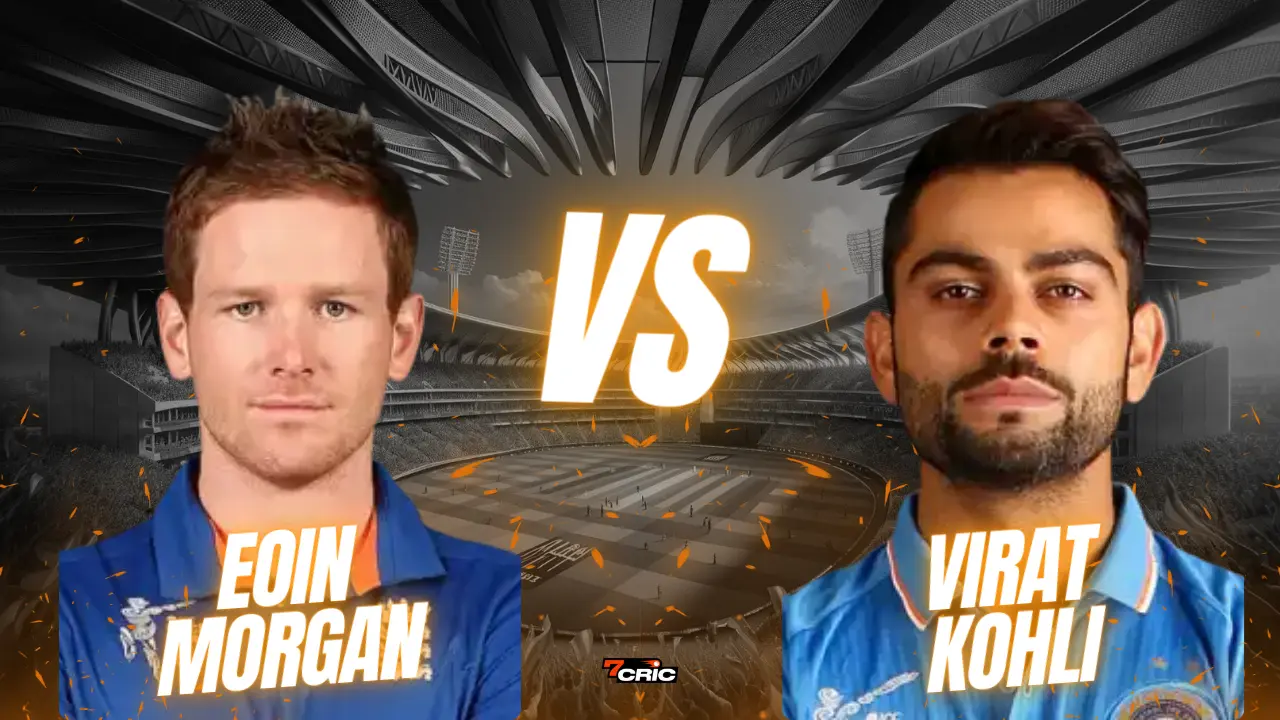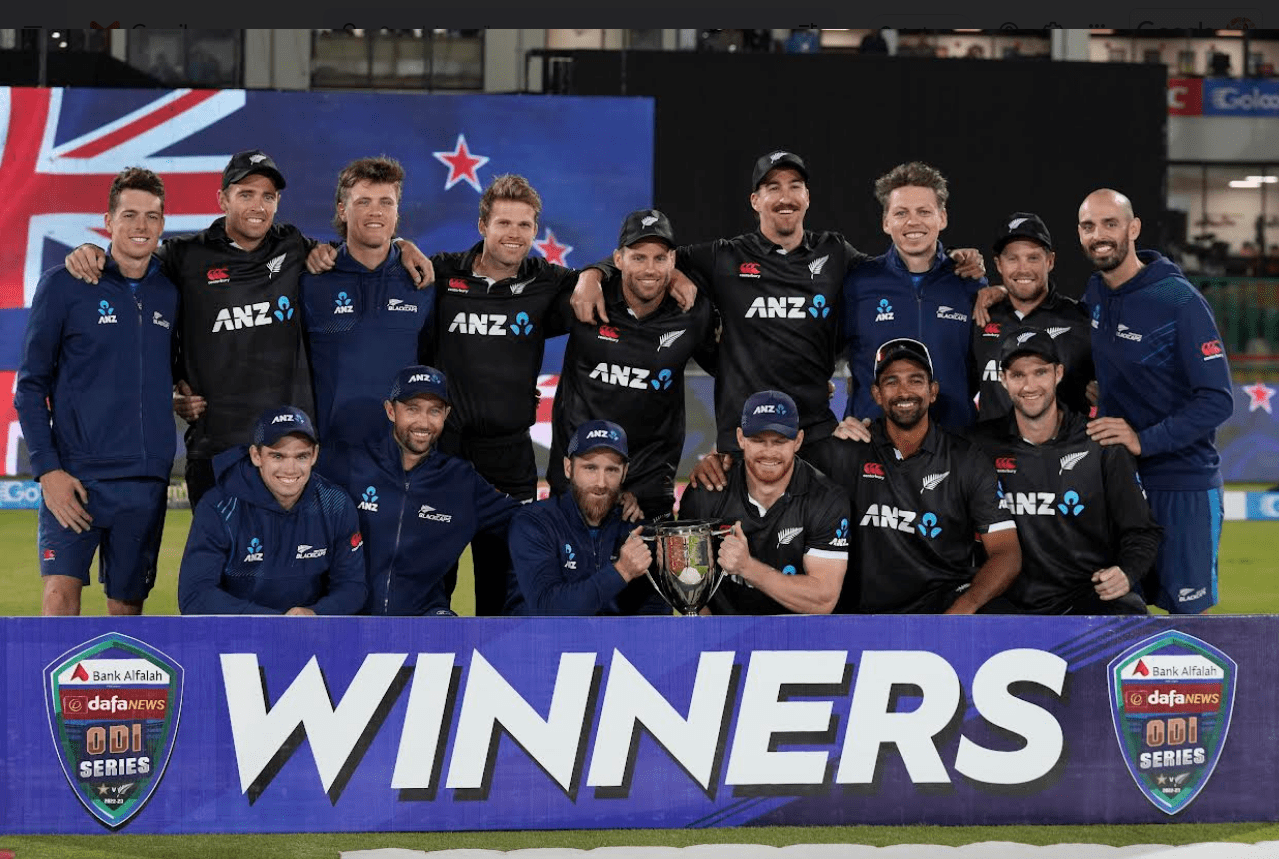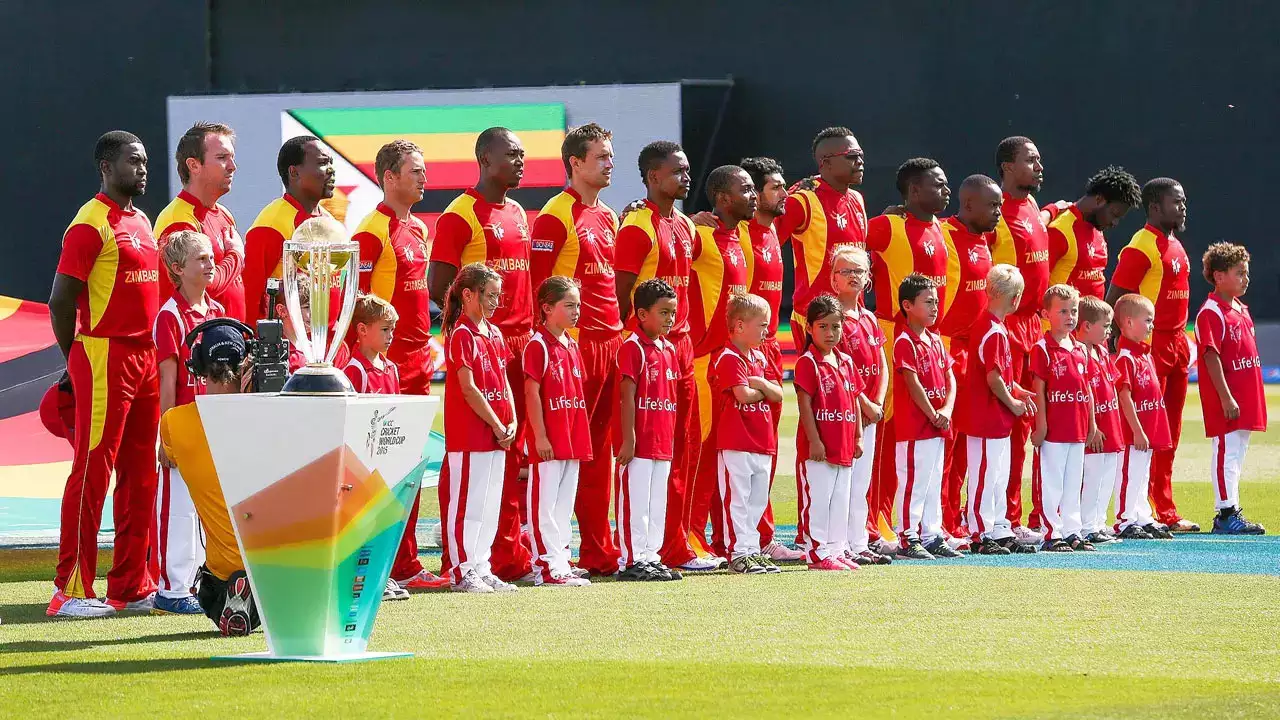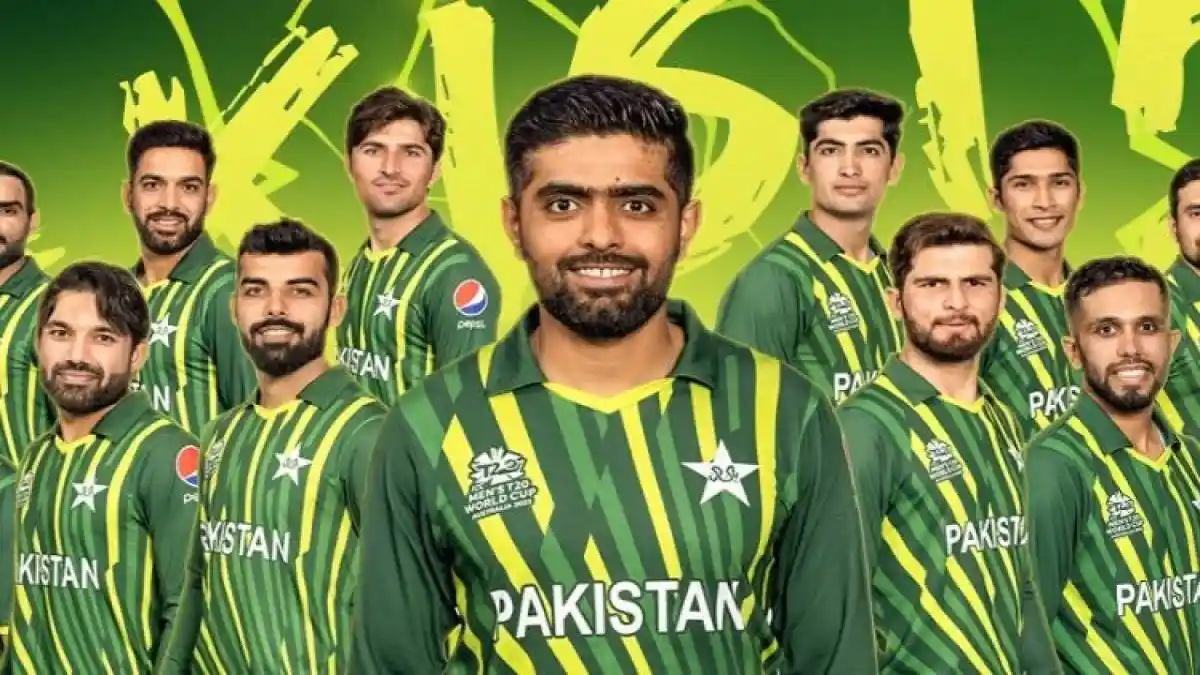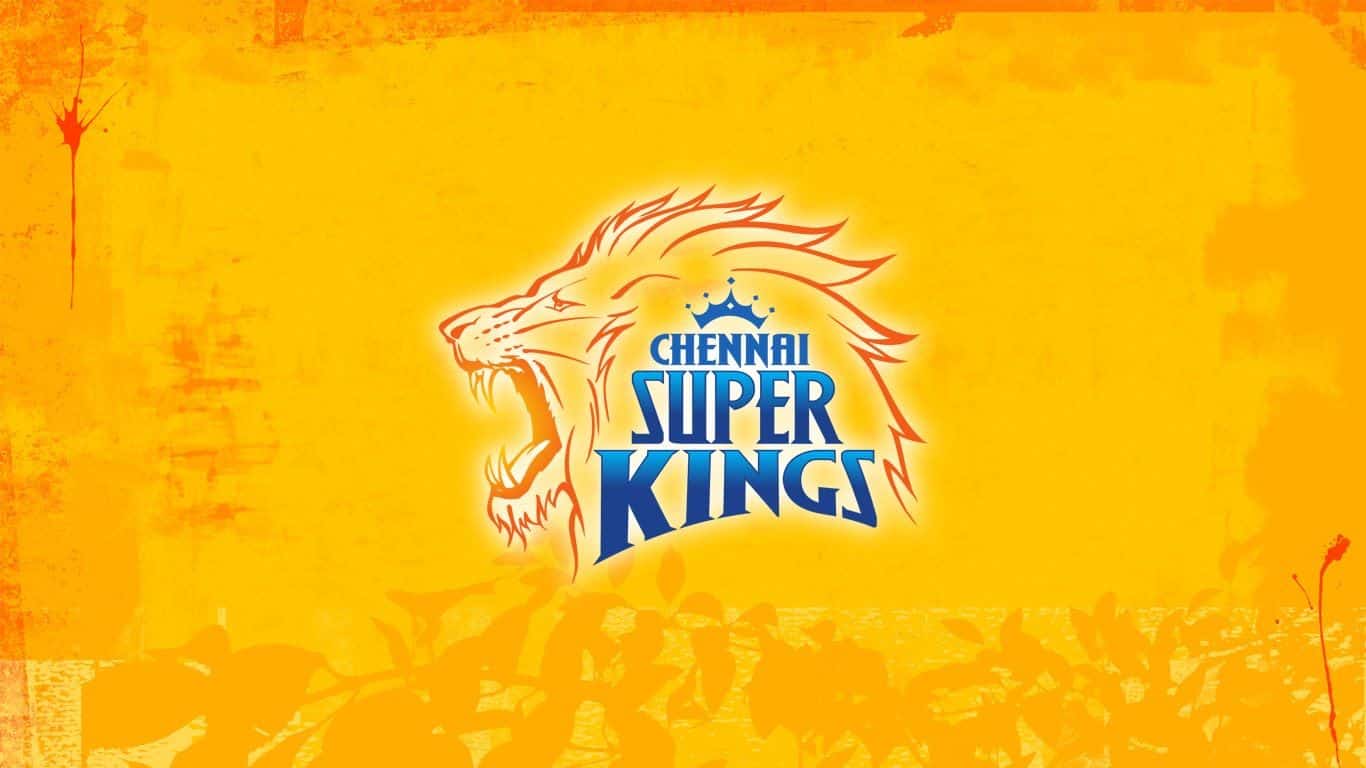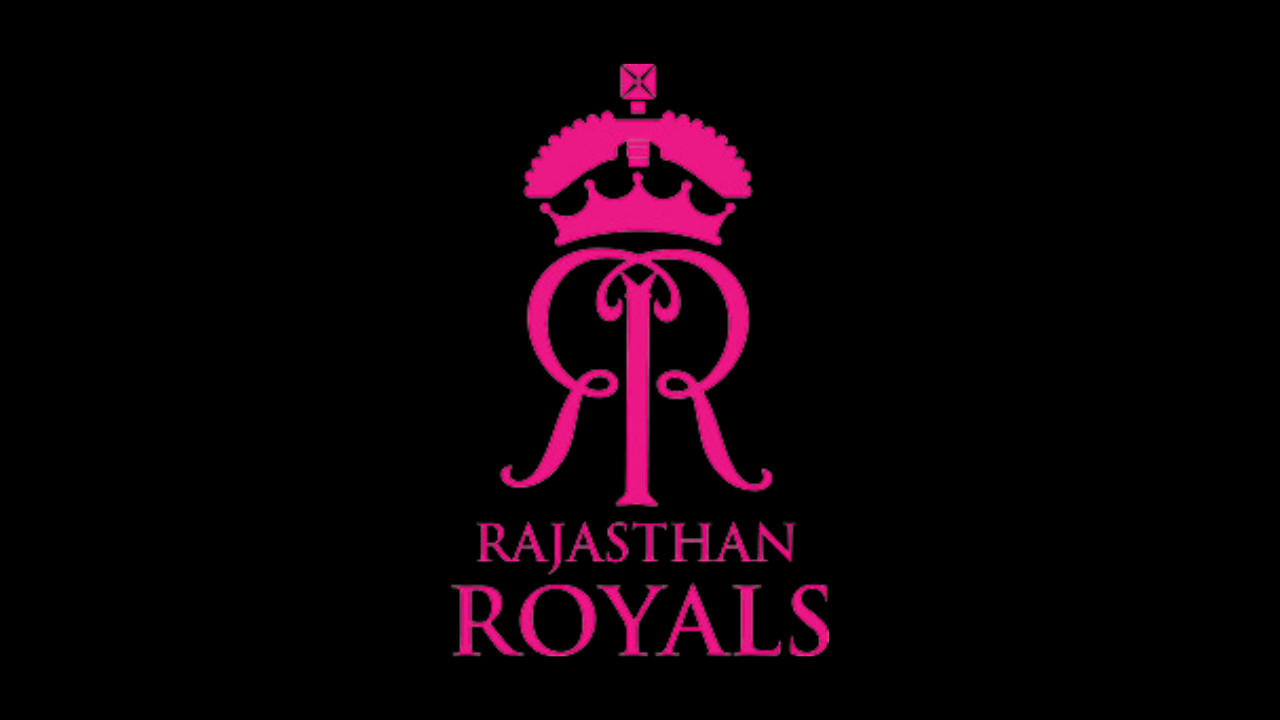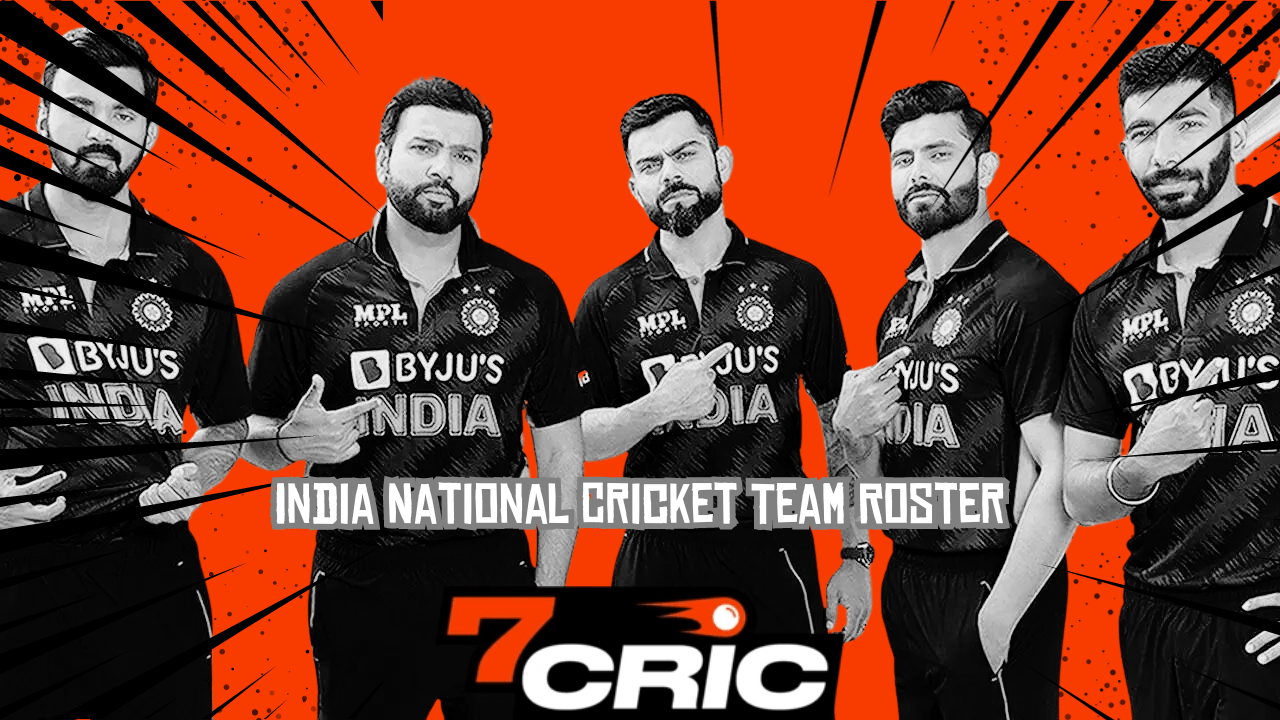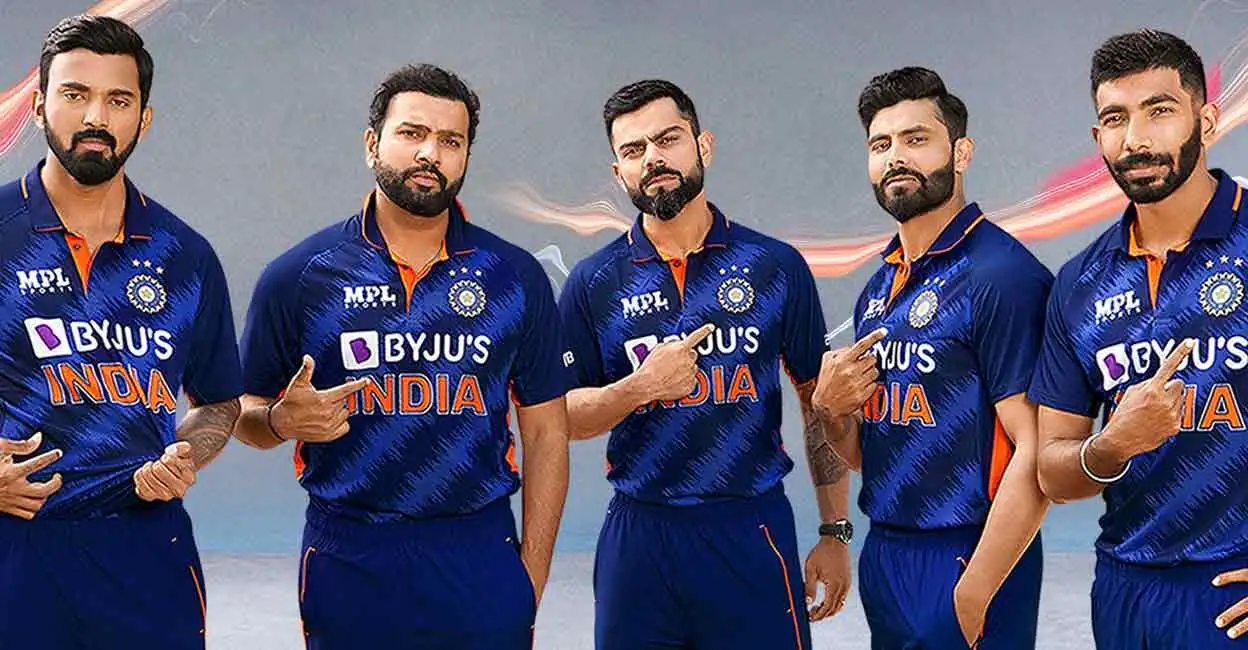The name of Kapil Dev shines with a brilliance that transcends boundaries and generations. Born in the heart of India, thislegend redefined the role of an all-rounder but also instilled a belief in a nation that it could conquer the world stage.

Kapil Dev: The Haryana Hurricane Long Story
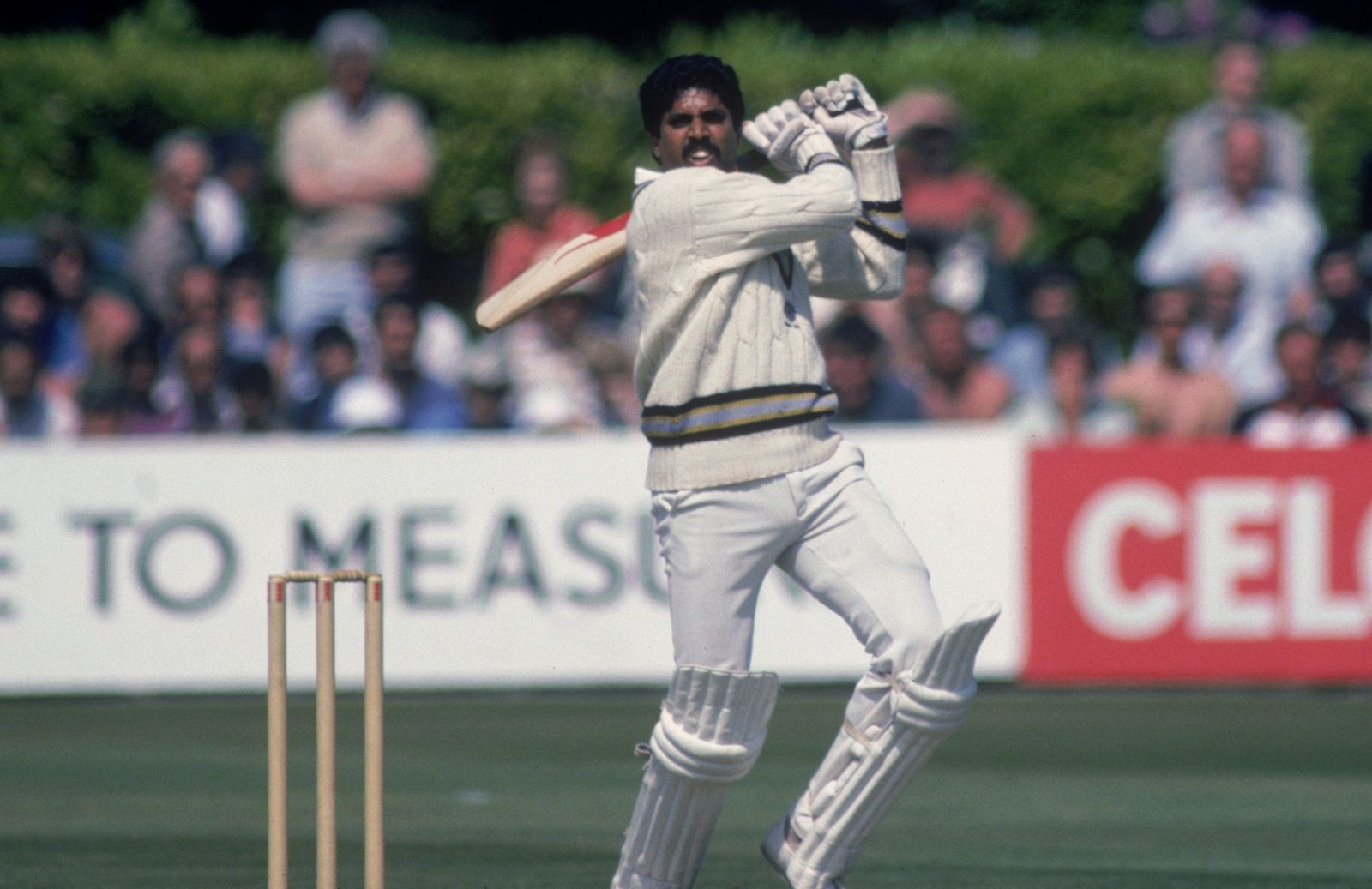
Kapil Dev Ramlal Nikhanj, born on January 6, 1959, in Chandigarh, stands as a towering figure in cricket history. Often referred to as “The Haryana Hurricane” and “Kapil Paaji“.
He is celebrated not only for his unparalleled cricketing achievements, including leading India to its first World Cup victory, but also for his deep-rooted values, reflecting a life rich in personal experiences and marked by family, love, and resilience.
A Bright Beginning
Kapil’s journey in cricket began with a bang. His debut for Haryana in November 1975 against Punjab saw him taking a 6-wicket haul, restricting Punjab to a mere 63 runs.
This performance was a sign of things to come. By the end of the season, he had amassed 121 wickets in 30 matches.
His prowess on the field was undeniable, and it wasn’t long before he was selected for the Irani Trophy, Duleep Trophy, and Wills Trophy matches.
International Debut and Rise to Fame
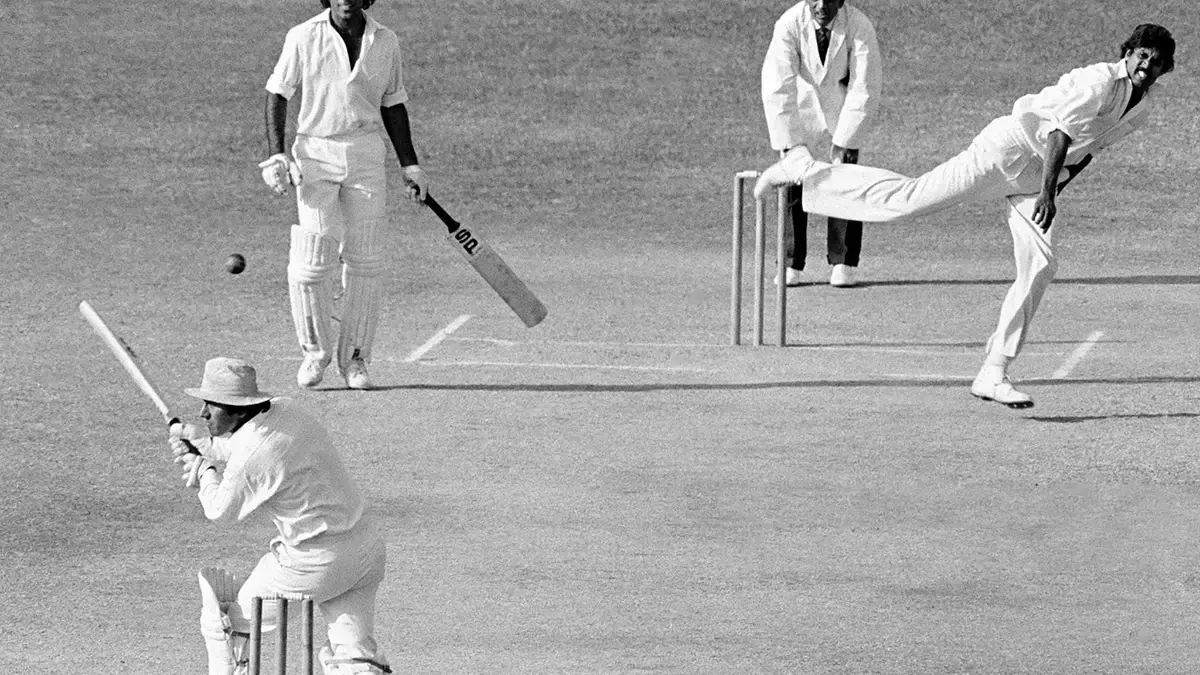
Kapil’s international debut came on October 16, 1978, against Pakistan in Faisalabad. While his match figures might not have been extraordinary, his pace and ability to deliver bouncers that rattled the opposition were noteworthy.
His all-rounder capabilities were further highlighted when he scored India’s fastest Test half-century off just 33 balls during the 3rd Test match in Karachi.
His performances against teams like Australia and England solidified his reputation. Against Australia, he took two 5-wicket hauls, ending the series with 28 wickets and adding 212 runs, including a half-century.
Against England, he showcased his batting prowess, scoring 292 runs in a 3-match series and taking 10 wickets, earning him the Man of the Series title.
Post-Retirement and Legacy
Kapil Dev’s retirement in 1994 marked the end of an era. At the time of his retirement, he was the first player to take 200 ODI wickets and held the world record for the highest number of wickets taken in Test cricket, a record later broken by Courtney Walsh in 2000.
His contributions to the sport didn’t end with his retirement. He took on the role of coaching the Indian national team between September 1999 and September 2000.
His achievements were recognized with awards like the Padma Shri in 1982 and the Padma Bhushan in 1991. In 2002, Wisden named him the Indian Cricketer of the Century.
Further accolades followed, with his induction into the ICC Cricket Hall of Fame in 2010 and receiving the C. K. Nayudu Lifetime Achievement Award in 2013.
Roots and Early Life
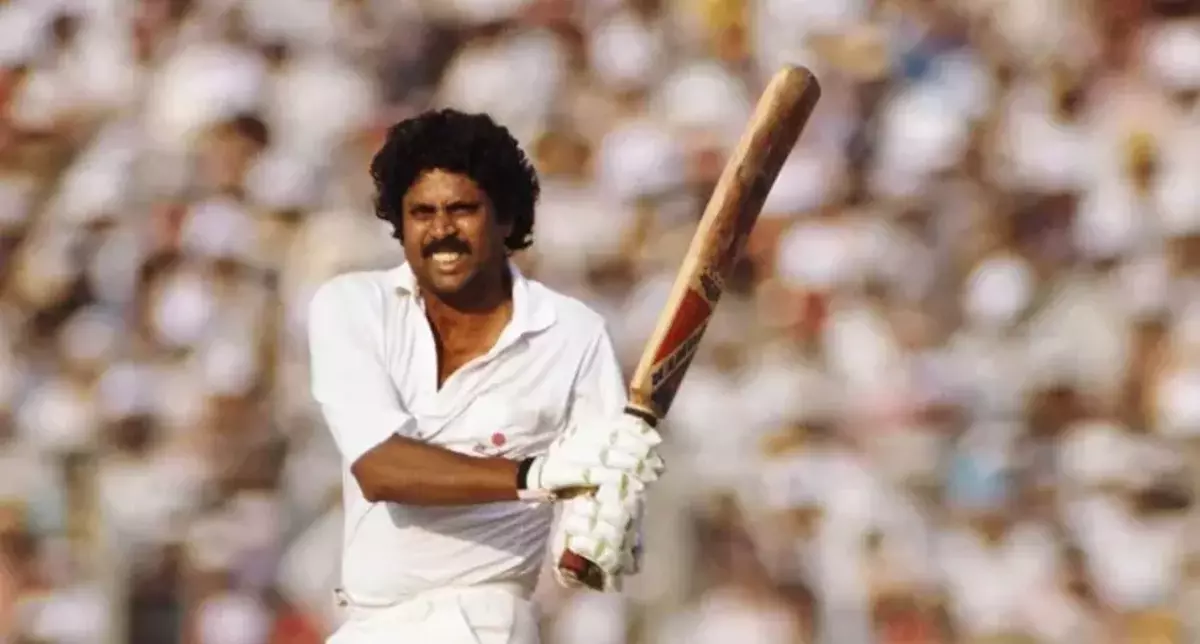
Born on January 6, 1959, in Chandigarh, Kapil Dev Nikhanj hailed from a family that had its roots in Rawalpindi, Pakistan. The tumultuous times of partition in 1947 saw his family migrate to India, seeking a new beginning.
His father, Ram Lal Nikhanj, was a building timber contractor, while his mother, Raj Kumari, dedicated her life to homemaking.
Tragically, Kapil lost his father in 1975 and his mother in 2009, but their teachings and values remained his guiding force.
Kapil’s early education took place at D.A.V. School in Chandigarh, after which he moved to St. Edward’s School in Shimla. From his formative years, cricket beckoned him, and the passion to excel in the sport was evident.
A Love Story Beyond the 22 Yards
In the midst of his rising cricketing career, Kapil’s heart found its match in Romi Bhatia. Their love story is nothing short of a Bollywood script.
The two met through a mutual friend, Sunil Bhatia. Kapil, known for his straightforward nature, proposed to Romi during a train journey with a poetic touch, hinting at a future together.
He asked her if she’d like to take pictures of the scenic beauty around, to show their future children. In 1980, the couple tied the knot, marking the beginning of their lifelong partnership.
Their love story was further enriched with the birth of their daughter, Amiya Dev, on January 16, 1994. Amiya, following her father’s footsteps but in a different field.
She worked as an assistant director for the film ’83, which celebrated India’s iconic World Cup win under Kapil’s captaincy.
Beyond Cricket: Business and Ventures
While cricket remained Kapil’s first love, his entrepreneurial spirit led him to venture into various businesses. He owns two restaurants in Chandigarh – “Captain’s Eleven” and “Kaptian Retreat Hotel“.
Additionally, his business venture, Dev Musco, specializes in fitting floodlights in cricket grounds across India. His net worth, a testament to his successful ventures, stands at an impressive 211 crores INR.
A Life Well-Lived
Kapil Dev’s life is a testament to his indomitable spirit, both on and off the field. From leading India to its first World Cup victory to building a loving family and successful business ventures, his journey is an inspiration.
As the nation continues to revere him for his cricketing achievements, his personal life stands as a beacon of dedication, love, and resilience.
Kapil Dev: A Journey Through His Most Iconic Moments
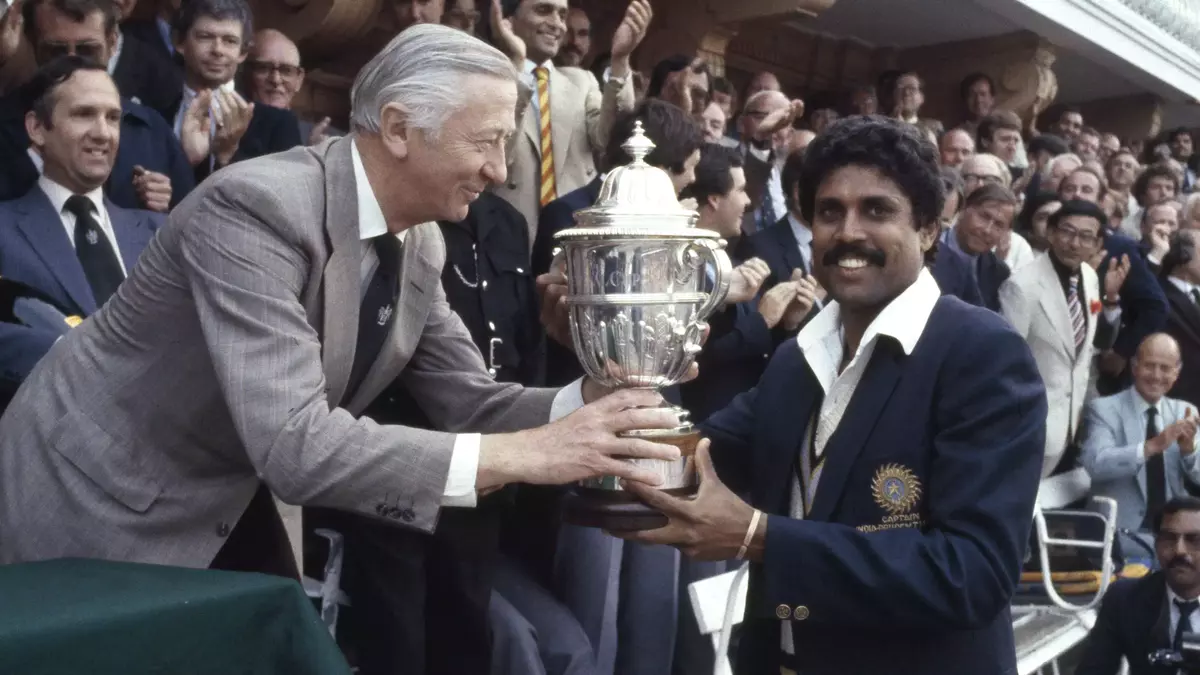
The former Indian skipper, Kapil Dev, often hailed as one of the game’s greatest all-rounders, has left an indelible mark on the sport with his incredible feats both with the bat and the ball.
As we go beyond into the most iconic moments of his illustrious career, we are reminded of the sheer brilliance and tenacity of this cricketing legend.
1. The Haryana Hurricane Unleashed
In the late 70s, India was not known for producing fast bowlers. However, Kapil Dev, a tall lad from Haryana, changed that perception. His pace and accuracy were a revelation, and he soon earned the moniker “The Haryana Hurricane“.
One of his standout performances came in 1983 against the West Indies, where he registered astounding figures of 9/83 in the second innings, a record that still stands as the best by any Indian pace bowler.
2. Avoiding Follow On With A Bang
Kapil Dev was not just a bowler; he was a formidable batsman too. In 1990, during a test match against England at Lord’s, India was on the brink of a follow-on.
With the team needing 24 more runs and just one wicket in hand, Kapil Dev took matters into his own hands. He smashed English bowler Eddie Hemmings for four consecutive sixes, ensuring India avoided the follow-on in style.
3. The World Cup Knock of 175
In the 1983 World Cup, India was reeling at 17/5 against Zimbabwe. With the top order back in the pavilion, the situation looked dire. Enter Kapil Dev.
The skipper played a captain’s knock, scoring a blistering 175 runs, steering India to a competitive total. This innings is often regarded as one of the best in World Cup history.
4. The Catch That Changed Everything
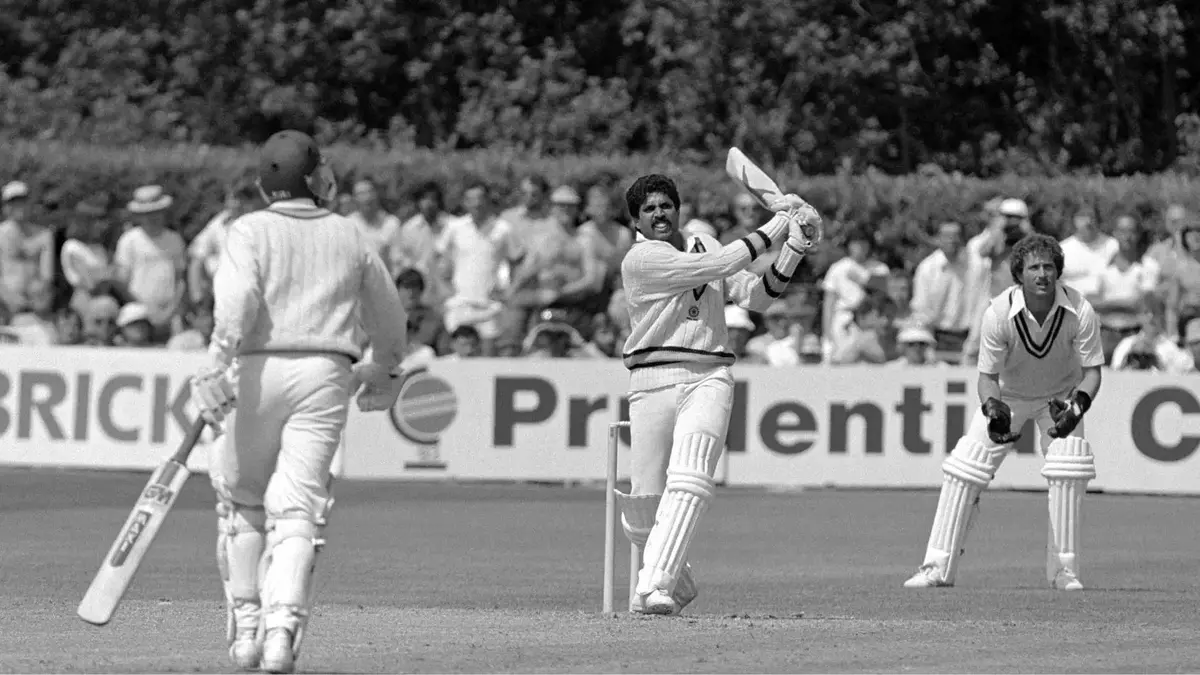
The 1983 World Cup final against the West Indies is etched in the memories of every Indian cricket fan.
With the mighty West Indies chasing a modest total, Sir Vivian Richards looked set to take the game away from India. However, a mistimed shot from Richards saw the ball soaring into the air.
Kapil Dev, with his eyes set on the ball, ran backwards and took a catch that is often described as the turning point of the match. India went on to win the World Cup, marking their arrival on the world stage.
5. Breaking Records and Setting New Ones
Kapil Dev’s prowess wasn’t limited to batting or fielding. He was a prolific wicket-taker too. Over his career, he broke Richard Hadlee’s Test record of 431 wickets and retired as Test cricket’s highest wicket-taker.
Kapil Dev: Navigating the Waters of Controversy
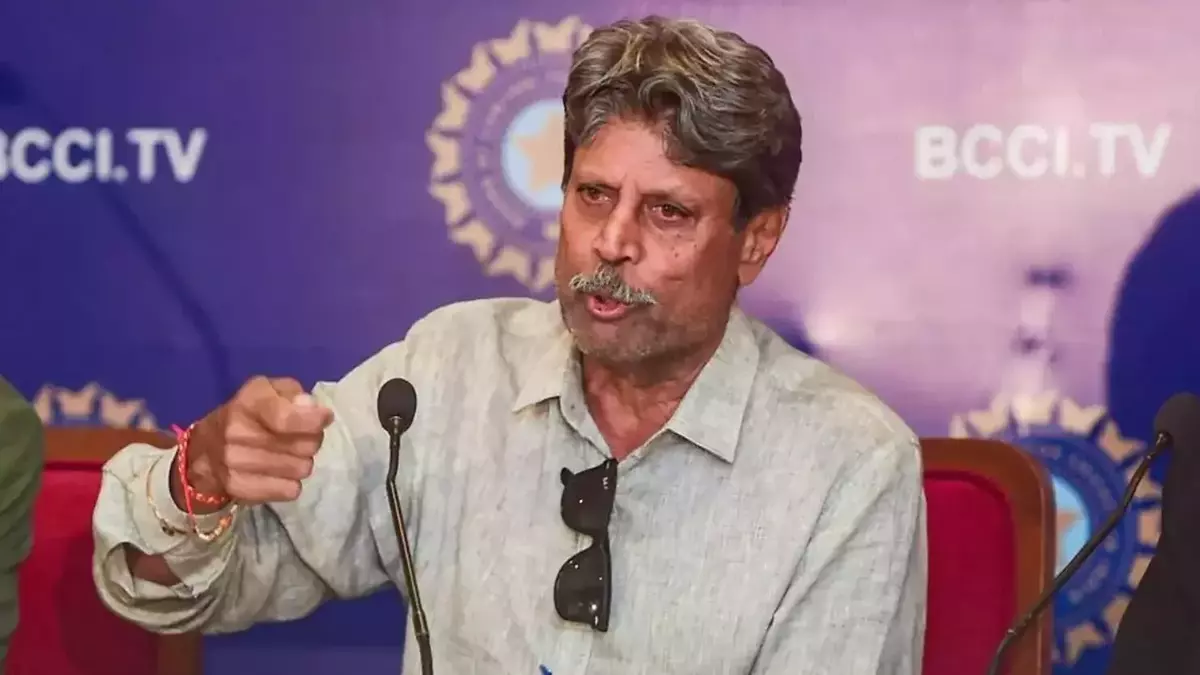
Kapil Dev, a name synonymous with cricketing excellence, has not only been celebrated for his on-field heroics but has also been a figure of intrigue off the field.
While his cricketing achievements are well-documented, Kapil Dev’s journey has been punctuated with moments of controversy that have sparked debates and discussions.
1. The Mental Health Debate, 2022
In a recent event titled ‘Champions of Aakash 2022‘, organized by Byju’s, Kapil Dev made remarks on the pressure faced by school students and new-generation cricketers.
He expressed that he couldn’t understand “American words” like ‘pressure‘ and ‘depression‘.
Drawing from his farming background, Kapil Dev emphasized that he played cricket because he enjoyed the game. While some lauded his straightforwardness, others criticized him for trivializing mental health issues.
2. Match-Fixing Allegations
The turn of the millennium saw the dark cloud of match-fixing overshadowing cricket. Kapil Dev, then the coach of the Indian cricket team, found himself in the eye of the storm.
Accused of being involved in the scandal, he vehemently denied the allegations. The emotional toll was evident when he broke down during a television interview, reiterating his innocence.
3. The Mankading Incident, 1992
On India’s 1992 tour of South Africa, Kapil Dev was involved in a controversial ‘mankading’ incident. He ran out South African batsman Peter Kirsten without giving a prior warning.
A move that is within the rules but often considered against the ‘spirit of the game’. The incident stirred a debate on sportsmanship and the unwritten codes of cricket.
4. Kohli’s Statements
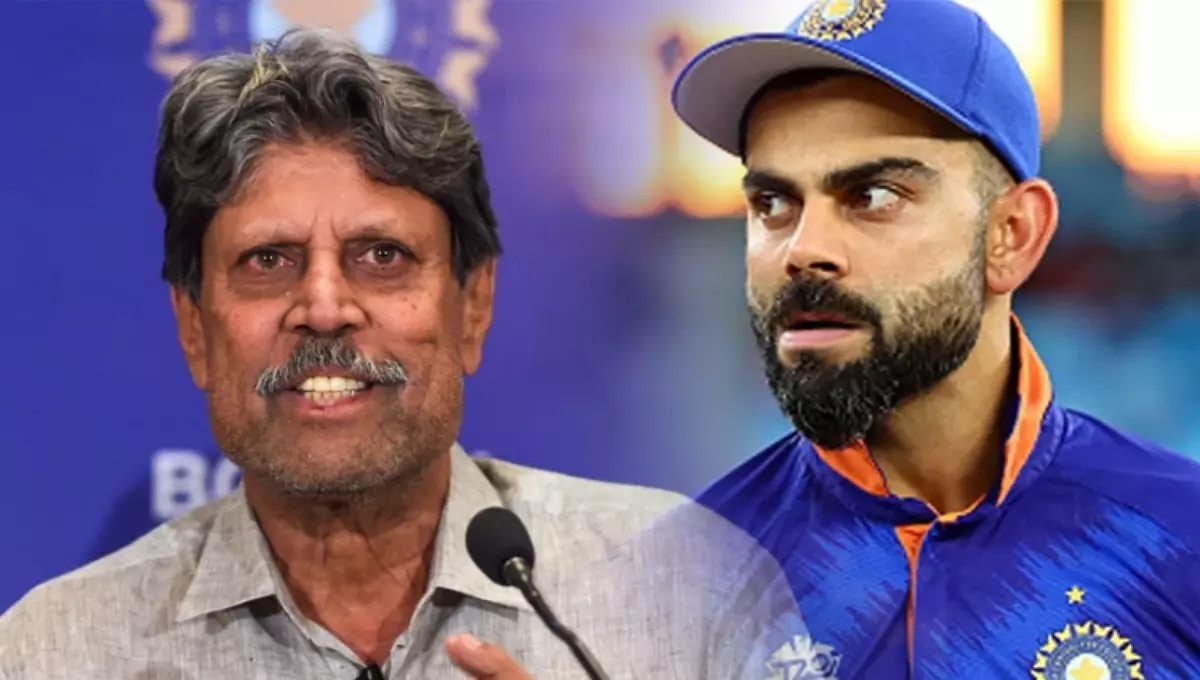
Kapil Dev has never shied away from expressing his opinions, even if they might be contrary to popular sentiment.
When Indian skipper Virat Kohli made certain statements, Kapil Dev termed them as “ill-timed”, adding another layer to the ongoing controversy.
5. The Kolkata Test Mystery
In 1984, during a test match in Kolkata, Kapil Dev was dropped from the team. This decision raised many eyebrows, with speculations rife about the reasons behind it.
Sunil Gavaskar, then the captain, later clarified the circumstances, emphasizing that Kapil Dev was his only match-winner.
FAQ - Kapil Dev
Who is Kapil Dev?
Kapil Dev is a former Indian cricketer, often regarded as one of the greatest all-rounders in the history of cricket. He led India to its first World Cup victory in 1983 and has made significant contributions to Indian cricket both as a player and a coach.
Why is Kapil Dev referred to as "The Haryana Hurricane"?
Kapil Dev earned the nickname "The Haryana Hurricane" due to his explosive playing style and because he hailed from the state of Haryana in India. His fast bowling and aggressive batting were akin to a storm on the cricket field.
What are some of Kapil Dev's most notable achievements?
Some of Kapil Dev's most notable achievements include leading India to its maiden World Cup victory in 1983, becoming the highest wicket-taker in Test cricket during his time, and being named the Indian Cricketer of the Century by Wisden in 2002.


